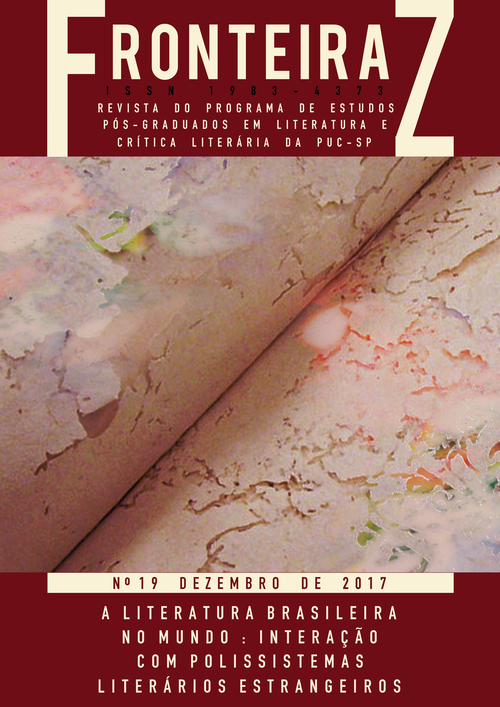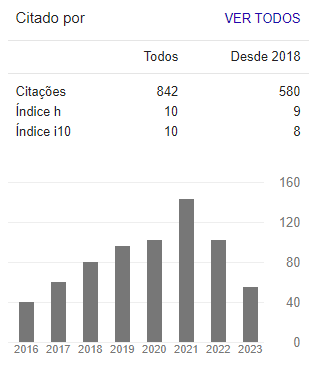| Qualis: A3 |
| Área do conhecimento: Linguística e Literatura |
Qualis
Enviar Submissão
Palavras-chave
Anúncios
Chamada FronteiraZ 36: Infância. Infantil. Literatura: mediações
Infância. Infantil. Literatura: mediações
Organizadores
Dr. Francisco Thiago Camêlo da Silva
Professor do PPG em Estudos Comparados de Literaturas de Língua Portuguesa (USP)
Dra. Maria José Palo
Professora Pesquisadora – PUC-SP
Me. Cássia Vianna Bittens
Doutoranda do PPG em Literatura e Crítica Literária (PUC-SP)
Me. Juliana Mutafi
Doutoranda do PPG em Literatura e Crítica Literária (PUC-SP)
FRONTEIRAZ 34 CHAMADA PRORROGADA
DESLOCAMENTOS LITERÁRIOS: A LÍNGUA PORTUGUESA EM MOVIMENTO
Prazo de envio das submissões: 10/OUTUBRO/2024
Editores convidados:
Eugenio Lucotti (Università Ca’ Foscari Venezia)
Gabriella Campos Mendes (Universidade de Coimbra)
Maria Rosa Duarte de Oliveira (Pontifícia Universidade Católica de São Paulo)
FronteiraZ. Revista do Programa de Estudos Pós-Graduados em Literatura e Crítica Literária, São Paulo - SP, Brasil, e-ISSN 1983-4373.
 Este obra está licenciada com uma Licença Creative Commons Atribuição 4.0 Internacional.
Este obra está licenciada com uma Licença Creative Commons Atribuição 4.0 Internacional.







